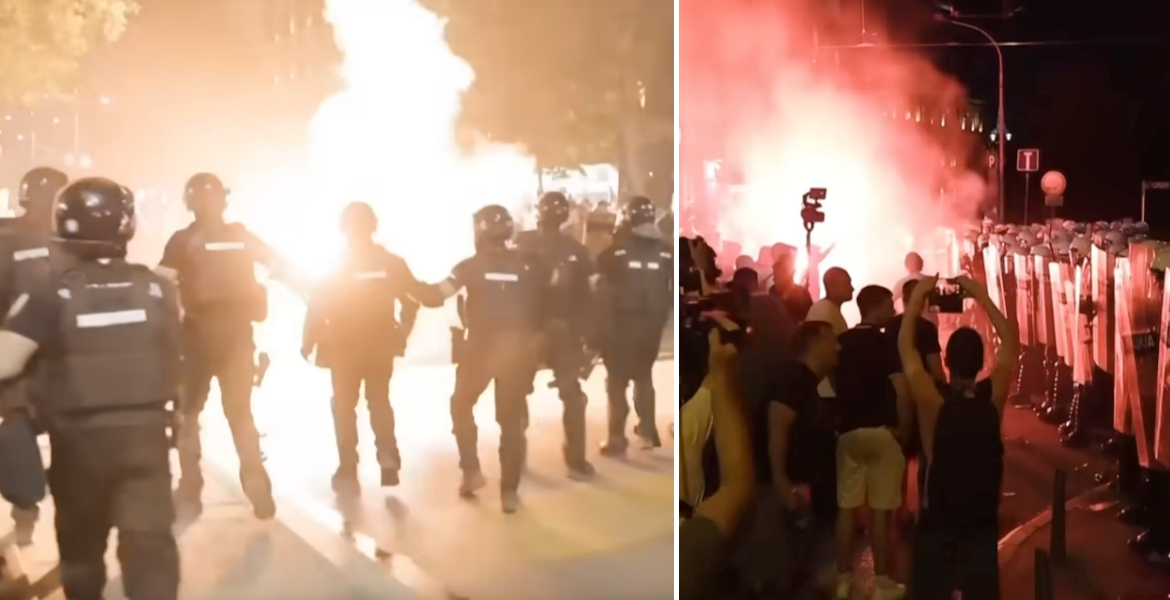A new report from the observatory on intolerance and discrimination against Christians in europe (OIDAC Europe), which was published last week, shows an increase in the number of hate crimes against Christians in europe over the past year.
The Austria-based non-profit organization OIDAC Europe presented its annual report for 2022/2023 last Friday, on the International Tolerance Day.
Just last year, reliable reports of 748 anti-Christian hate crimes in 30 different countries were received. The attacks included arson, graffiti, desecrations, thefts, physical attacks, insults, and threats.
Today we released our Annual Report 2022/23! This report analyses and documents the main issues that affected the religious freedom and fundamental freedoms of Christians during the past year. You can download the report here: https://t.co/5icRbtsHIh #ReligiousFreedom #Europe pic.twitter.com/4IhvpIJii6
— Observatory on Intolerance against Christians EU (@OIDACEurope) November 16, 2023
Discrimination increases
The report further points out that the number of hate crimes committed by radicalized members of ideological, political, or religious groups, which have always expressed hatred towards Christians, is increasing.
OSCE representative and professor Regina Polak at the University of Vienna expressed her concern about the increasing number of attacks on european Christians.
– The increasing number of anti-Christian hate crimes in Europe reported by OIDAC is deeply worrying. It is highly necessary to raise both governmental and societal awareness for this problem and undertake political measures to tackle and combat it decidedly, Polak said in a statement.

Dismissed from Jobs
OIDAC Europe has also examined various forms of discrimination against Christians. Over the past year, several Christians have been fired from their jobs, suspended, or brought to criminal court for publicly expressing peaceful religious opinions.
Christians who have followed their denominations’ biblical teachings have been prosecuted for alleged “hate propaganda”. Among the most notable cases are British teaching assistant Ben Dybowski and school priest rev. Bernard Randall.
– The criminalization of expressions of mainstream religious teachings – which do not incite violence or hatred – as ‘hate speech’ is dangerous on various levels: It stigmatizes legitimate conscience-related convictions and at the same time weakens the severity of actual incitement to hatred, says Anja Hoffmann, executive director of OIDAC Europe, in a press release.









